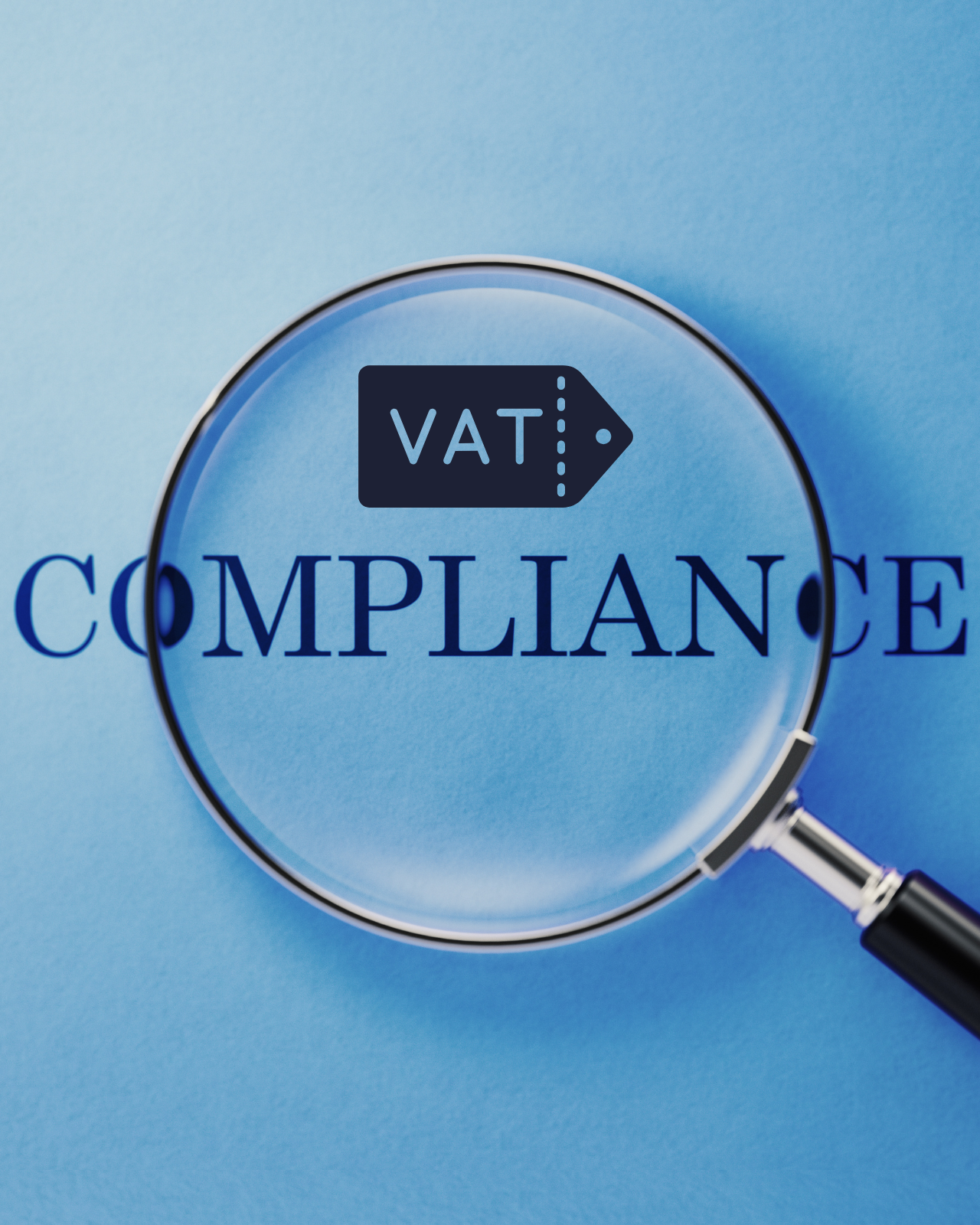VAT Compliance VAT compliance as part of an expansion strategy – what every CFO should know

Example 1: No annual VAT return in Poland
In the German tax system, companies file monthly or quarterly VAT returns and then submit an annual VAT return, which allows them to correct any discrepancies. In Poland, this mechanism does not exist – there are only current VAT returns (monthly or quarterly).
What does this mean for foreign businesses?
• all errors or missing documents must be corrected immediately,
• without a central “annual correction,” a strict control of document flows is required,
• management’s responsibility for timely and accurate filings increases, since every mistake has immediate tax and financial consequences.
For a CFO, this means the company must implement compliance processes to ensure that sales and purchase documents reach accounting on time and that corrections are planned consciously (e.g. in terms of their impact on cash flow).
Example 2: VAT refunds and liquidity
Another critical area is liquidity management. In Poland, VAT refunds can take up to 60 days from the date of submission, and in certain cases even longer if the tax office initiates an audit. For companies making investments (e.g. in the renewable energy or e-commerce sector), this means significant amounts of VAT can be tied up.
Example: A company investing in a solar park in Poland may have to finance VAT out of its own funds for many months before receiving a refund. Poor planning in this area directly affects liquidity and may limit the scale of expansion.
From the CFO’s perspective, it is therefore crucial to:
• monitor VAT refund cycles,
• analyze options for shortening refund timelines (e.g. through bank guarantees),
• include VAT in cash flow forecasts.
Example 3: VAT REF procedure – a deadline that cannot be restored
Foreign businesses without a registered office in Poland can recover VAT through the VAT REF procedure. The application is filed with the tax authority in the company’s home country (in Germany or Austria – online), which then forwards it to Poland. Swiss businesses must submit their application directly to the Polish tax administration.
What should a CFO watch out for?
• the procedure in Poland can take up to 8 months,
• the deadline for applying is 30 September of the following year, and it is non-extendable,
• missing the deadline means the permanent loss of the VAT refund right, which can lead to significant financial losses.
Good planning and monitoring of this procedure are therefore essential, especially for companies that regularly incur operational or investment expenses in Poland.
Why VAT compliance is a strategic issue
These examples show that VAT in Poland is not just a bookkeeping matter. It is a factor that:
• affects the company’s reputation with authorities and business partners,
• is linked to the personal liability of management,
• shapes the liquidity and security of the entire corporate group.
How we support businesses from the DACH region
As a law firm specialized in assisting foreign investors in Poland:
• we register companies for VAT and handle monthly filings,
• we advise on invoicing, corrections and tax interpretations,
• we support companies with VAT refunds and cash flow planning,
• we represent clients during tax audits,
• we prepare businesses for the implementation of KSeF (National e-Invoicing System) and handle INTRASTAT, EORI and REX.
Conclusion
For CFOs planning entry into the Polish market, VAT compliance is a core element of business strategy. Understanding systemic differences (e.g. no annual VAT return), consciously planning processes (e.g. VAT refunds and cash flow) and keeping track of critical deadlines (e.g. VAT REF by 30 September) are the foundation of safe and effective growth.
👉 Contact us – we will show you how to build a stable VAT compliance system in Poland and relieve management of tax risks.


